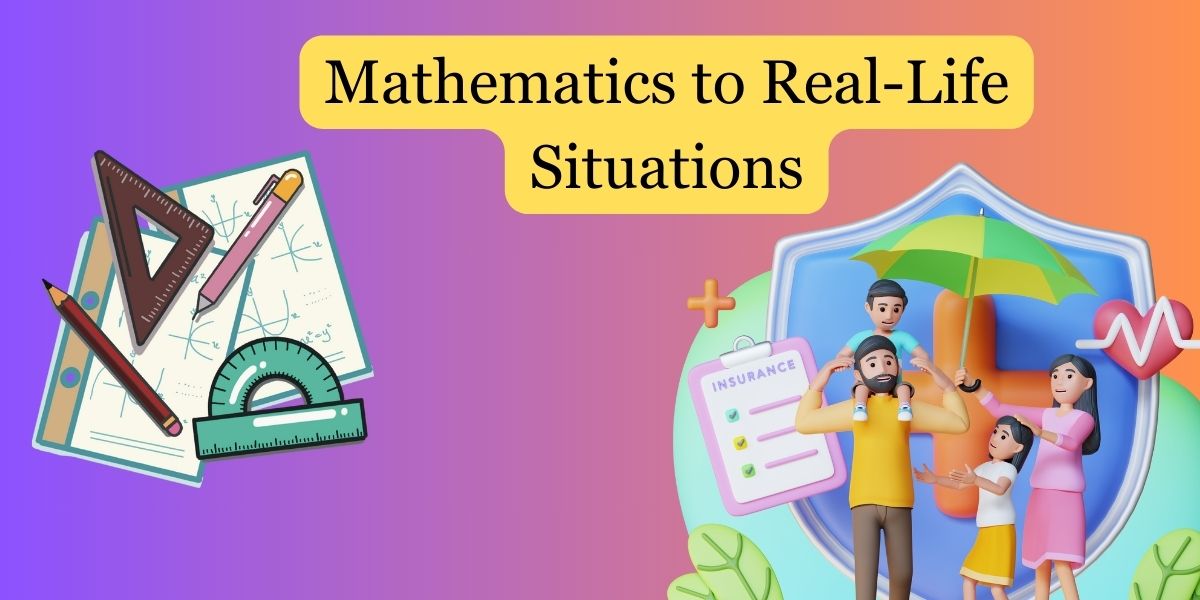Applying mathematics to real-life situations is a powerful way to understand the practical relevance of mathematical concepts. Here are some examples across different areas of life:
1. Budgeting and Finance:
- Example: Create a monthly budget using mathematical skills. Calculate income, expenses, savings, and percentages. Understand concepts like interest when managing loans or credit cards.
2. Cooking and Measurement:
- Example: Use math to adjust recipes based on the number of servings. Understand measurements, proportions, and fractions when cooking or baking.
3. Home Improvement:
- Example: Use geometry to measure and cut materials for home projects. Calculate areas and volumes when painting or remodeling.
4. Travel Planning:
- Example: Plan a road trip using math to calculate distances, travel times, and fuel costs. Use conversion factors for different units of measurement.
5. Health and Fitness:
- Example: Track and analyze fitness data using mathematical concepts. Measure progress, calculate body mass index (BMI), and understand nutrition labels.
6. Shopping and Discounts:
- Example: Use percentages and discounts to calculate sale prices while shopping. Understand sales tax and budgeting for shopping trips.
7. Data Analysis:
- Example: Analyze data from surveys or experiments. Use statistical concepts to draw conclusions and make informed decisions.
8. Sports and Recreation:
- Example: Analyze sports statistics to evaluate player performance. Use math to calculate scores, averages, and percentages in sports.
9. Time Management:
- Example: Use math to manage time effectively. Create schedules, set timers, and calculate time intervals for various tasks.
By applying mathematics to these real-life situations, you not only enhance your mathematical skills but also develop a practical understanding of how math is used in various aspects of daily life. This connection to real-world applications can make mathematical concepts more meaningful and enjoyable to learn.


No responses yet